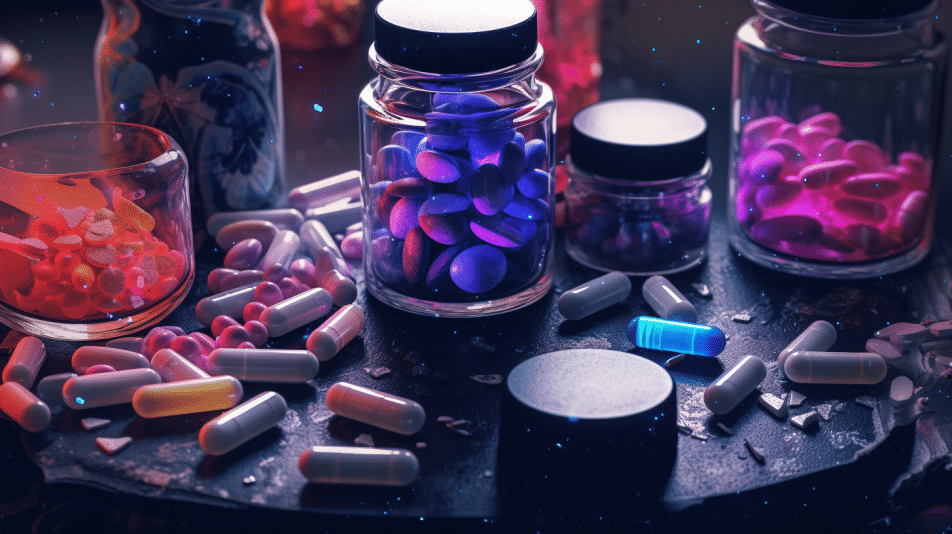Phenibut Benefits & Uses: Anxiety & Cognitive Enhancement?
Phenibut is an experimental drug that was discovered in Russia in the 1960s and has shown promise as a treatment for anxiety, improving brain function, and enhancing quality of life. Key facts about phenibut: It is derived from gamma-aminobutyric acid (GABA), a neurotransmitter in the brain. Studies suggest it may reduce anxiety, improve sleep, boost …










